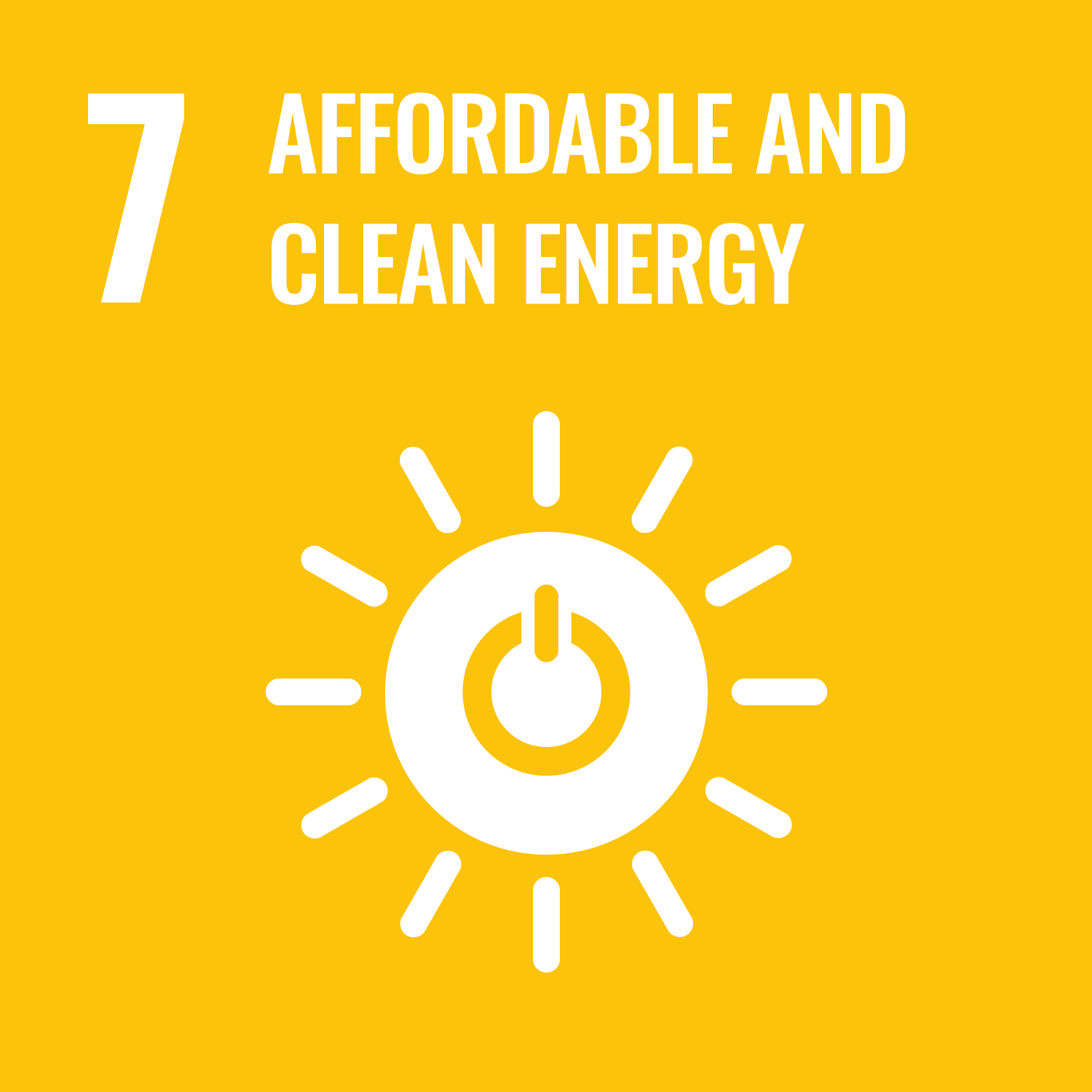Fernanda Rojas Michaga, M., Michailos, S., Akram, M. orcid.org/0000-0002-4427-4703 et al. (4 more authors) (2022) Bioenergy with carbon capture and storage (BECCS) potential in jet fuel production from forestry residues: a combined techno-economic and life cycle assessment approach. Energy Conversion and Management, 255. 115346. ISSN: 0196-8904
Abstract
In this study, the economic and environmental feasibility of a process configuration based on the Bioenergy and Carbon Capture and Storage (BECCS) concept is assessed. The research analyses the production of jet fuel from forestry residues-derived syngas via the Fischer-Tropsch (FT) technology. Further, the CO2 removed in the syngas cleaning section is not released to the environment, instead it is permanently sequestrated. The produced Sustainable Aviation Fuel (SAF) has the potential to achieve negative emissions. The present research is a one-of-a-kind study for the jet fuel production within the BECCS concept. The process has been modelled within the Aspen Plus and Matlab software to obtain detailed and realistic mass and energy balances. Based on these balances, the technical, economic and environmental parameters have been calculated. Based on a plant that treats 20 dry-t/h of forest residues, 1.91 t/h of jet fuel are produced, while 11.26 t/h of CO2 are permanently stored. The inclusion of the CCS chain in the biorefinery increase the minimum jet fuel selling price from 3.03 £/kg to 3.27 £/kg. The LCA results for global warming show a favourable reduction in the BECCS case, in which negative emissions of −121.83 gCO2eq/MJ of jet fuel are achieved, while without CCS case exhibits GHG emissions equal to 15.51 gCO2eq/MJ; in both cases, the multi-functionality is faced with an energy allocation approach. It is, then, evident the significant environmental advantages of the BECCS process configuration. Nevertheless, financial feasibility can only be attained through the implementation of existing policy schemes and the formulation of new strategies that would reward negative emissions. The application of the UK’s policy “Renewable Transport Fuel Obligation” and a hypothetical scheme that rewards negative CO2 emissions, breaks-even the Minimum Jet fuel Selling Price (MJSP) at 1.49 £/kg for a certificate and carbon price of 0.20 £/certificate and 246.64 £/tonne of CO2.
Metadata
| Item Type: | Article |
|---|---|
| Authors/Creators: |
|
| Copyright, Publisher and Additional Information: | © 2022 The Authors. This is an open access article under the CC BY license (http://creativecommons.org/licenses/by/4.0/). |
| Keywords: | Sustainable Aviation Fuels (SAF); Fischer-Tropsch (FT) synthesis; Bioenergy and Carbon Capture and Storage (BECCS); Techno-economic analysis (TEA); Life-cycle assessment (LCA); Negative emissions |
| Dates: |
|
| Institution: | The University of Sheffield |
| Academic Units: | The University of Sheffield > Faculty of Engineering (Sheffield) > School of Mechanical, Aerospace and Civil Engineering The University of Sheffield > Faculty of Engineering (Sheffield) > Department of Mechanical Engineering (Sheffield) |
| Funding Information: | Funder Grant number UK Research and Innovation EP/V027050/1 |
| Depositing User: | Symplectic Sheffield |
| Date Deposited: | 20 Aug 2025 09:43 |
| Last Modified: | 20 Aug 2025 09:43 |
| Status: | Published |
| Publisher: | Elsevier BV |
| Refereed: | Yes |
| Identification Number: | 10.1016/j.enconman.2022.115346 |
| Related URLs: | |
| Sustainable Development Goals: | |
| Open Archives Initiative ID (OAI ID): | oai:eprints.whiterose.ac.uk:230536 |



 CORE (COnnecting REpositories)
CORE (COnnecting REpositories) CORE (COnnecting REpositories)
CORE (COnnecting REpositories)